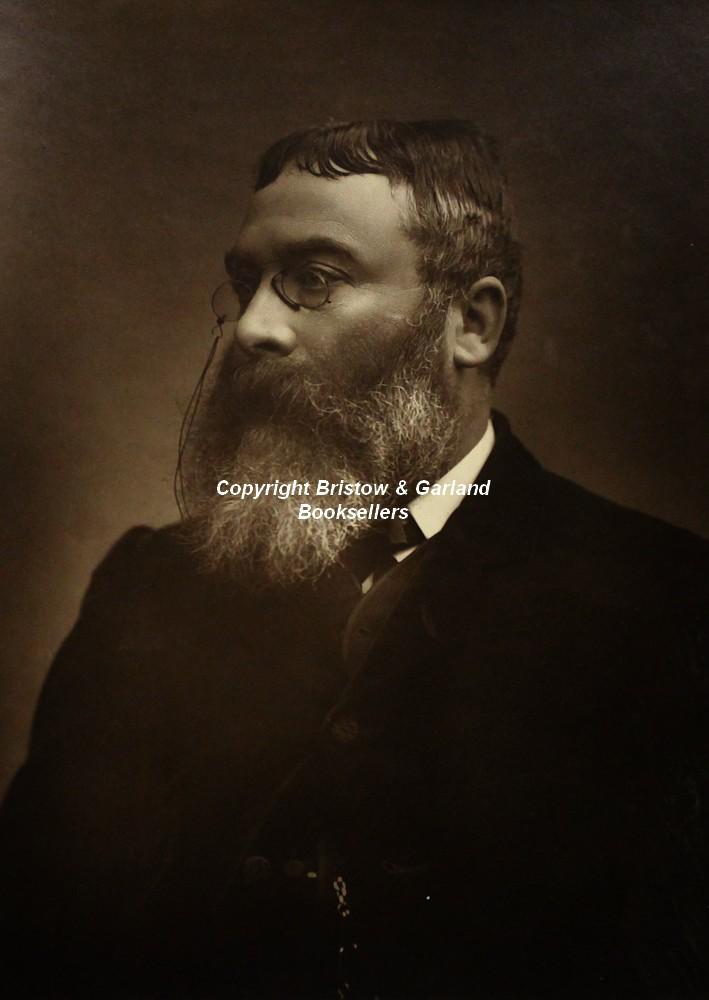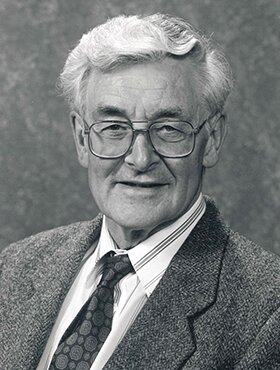
But I, for one, thought that James' response article ( essay) was more articulate, straightforward and ,of course, genuine. Okay, both articles are magnificent, to say the least. I must admit that I would have never ever read Henry James' article nor that of Mr Beason if it wasn't for my Novel class that I'm taking this year. Two conflicting views on the craft of writing which persist in their opposition to this day. In essence, “the advantage, the luxury, as well as the torment and responsibility, of the novelist, is that there is no limit to what he may attempt as an executant - no limit to his possible experiments, efforts, discoveries, successes.”


To him, all these rigid, arbitrary compositional rules can only stifle the novelist’s work when his only obligation is to be true to his own sensibility and ideas and to attempt to express them in interesting ways: “the only classification of the novel that I can understand is into the interesting and the uninteresting”. In short, “the Art of Fiction requires first of all the power of description, truth, and fidelity, observation, selection, clearness of conception and of outline, dramatic grouping, directness of purpose, a profound belief on the part of the story-teller in the reality of his story, and beauty of workmanship.” These things have been repeated and developed countless times in fiction writing manuals and programmes since Besant, so it all feels a bit trite, but it probably was quite ground-breaking in 1884.Īnd this is where James fundamentally disagrees. The second leg of Besant’s lecture is essentially a sort of “poetics” of novel writing, a normative approach, and a set of rules and dos and don’ts for the younger writer. Unsurprisingly, Henry James doesn’t argue with Besant on this score. And so, Besant argues that literary fiction is not only popular but at least as great an art form as painting, music, poetry, or architecture. The common belief in those days allegedly was that “the intellect of a novelist… if he have any intellect at all, which is doubtful, must be one of the most frivolous and lightest kind” (the Nobel and Pulitzer didn’t exist back then). Firstly, to rehabilitate the value of literary fiction in a time when it was considered, at best, a second-rate art form (much as comic books or video games today, I would guess). Walter Besant’s approach to “the art of fiction” (i.e., the modern novel) is twofold. So, in retrospect, the dispute seems a tad off-balance.

First, a lecture by Walter Besant (a late-19th-century British novelist now almost entirely gone clean out of everyone’s mind), and then an article by Henry James (another late-19th-century novelist now universally regarded as an undying figure of world literature). The Art of Fiction assembles two different texts.


 0 kommentar(er)
0 kommentar(er)
